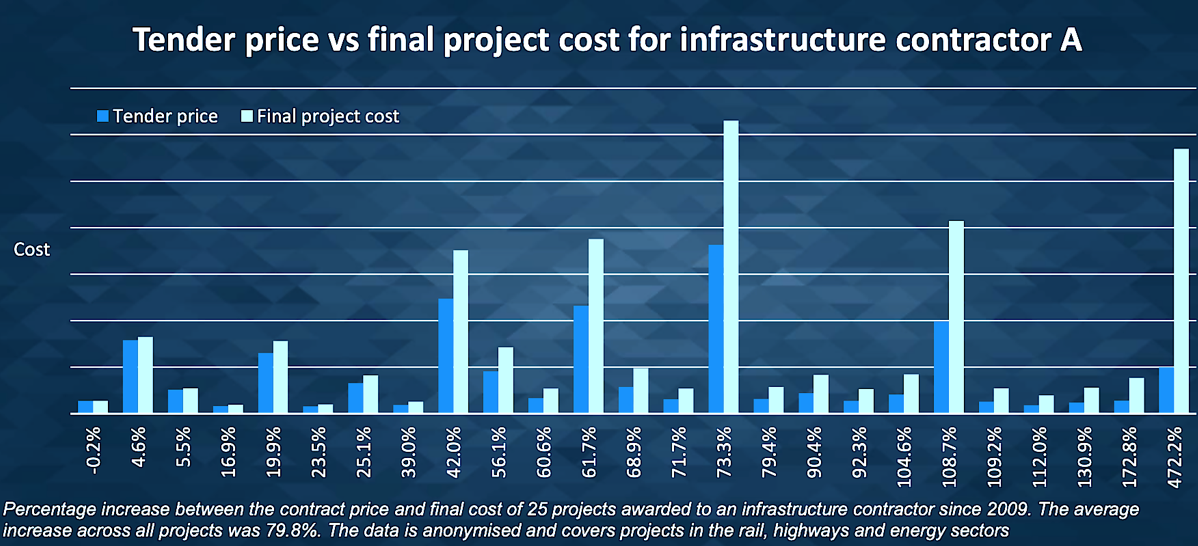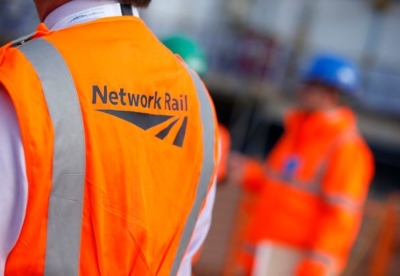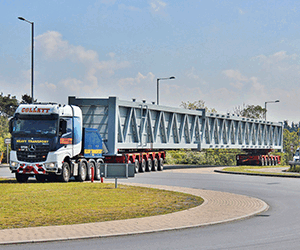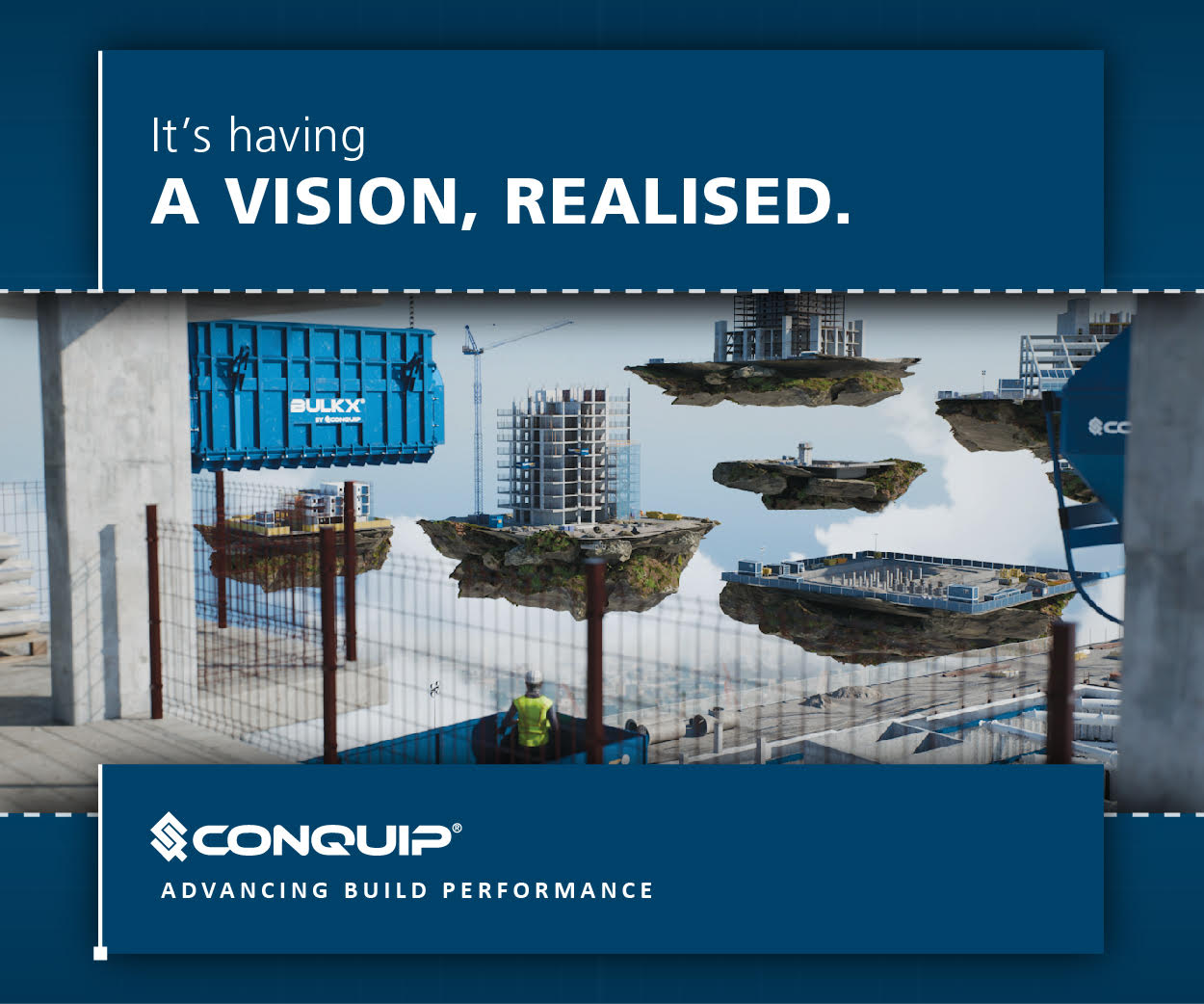An influential report from Institution of Civil Engineers, which publishes the fresh figures from 25 projects, warns that the sector is facing a twin market failure.
A combination of unforeseeable cost increases driven by both external and project risks and low contractor margins, depressed by fears of not winning major project work, has stifled innovation, skills and sustainability, warn senior engineers.
The regular failure to deliver to budget has prompted calls for mindset changes among clients about cost envelopes during early project planning, more detailed scoping and much fairer allocation of risk with contractors.
The report is published as contractors planning to deliver HS2 main civils packages are locked in talks to agree on final bid prices near original cost estimates.
A leading infrastructure contractor supplied figures for projects awarded between 2009 and 2018 on the proviso it remained anonymous.
Only one project was delivered within the original tender price, with project costs swelling by 80% on average above the original contract value on the rest
The ICE emphatically rules out excessive profit taking, pointing out pre-tax margins in construction fell from just under 3% in 2013 to an average of –0.9% in 2018.
Miles Ashley, Chair of the report’s Steering Group, said: “Industry and government need to work smarter, find ways to reduce the disparity between forecasts and outturns, but also to change the narrative and ensure the wider public, the end users, are also aware of the whole-life benefits these incredible infrastructure projects are bringing to them.”
Recommendations
- Infrastructure owners should complete scope, design and exploration before work starts to avoid scope creep or retroactive changes, taking steps to include contractors in design at an early stage.
- The Government and infrastructure owners must move away from capital cost as the most important metric when assessing project benefits, and recognise the importance of whole-life economic, social and environmental value.
- All public infrastructure owners undertaking procurement must award contracts based on a cost estimate range, using a should-cost estimate as a reference point, with an amount of contingency allocated appropriate to the level of project maturity.
- Principles set out in the Government Outsourcing Playbook should be mandatory for infrastructure owners, this includes infrastructure owners undertaking should-cost modelling to help inform their expectations and knowledge of appropriate tender prices during the procurement process.


















































.gif)









